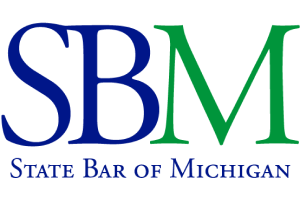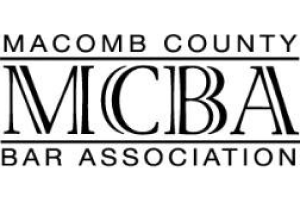- Free Consultation: (586) 264-3756 Tap Here to Call Us
Understanding Your Military Service Characterization
Are you a military veteran who lives in the Detroit area and have questions about VA Benefits? If so, it is important to understand how your service is characterized because your eligibility for benefits is directly tied to your military service characterization.
Anyone who has served this country in uniform will tell you that they serve with the goal of separating from active duty with an Honorable service characterization. And for a vast majority, this desire stems from none other than the pride of serving our nation with honor. However, apart from the prestige associated with serving with honor, an Honorable service characterization carries with it a vast array of benefits that are lost as the characterization is downgraded. As a former Air Force prosecutor, and a continuing member of the Air Force Ready Reserves, I became intimately familiar with the impact that service characterization can have on a veteran’s ability to collect benefits through the Department of Veteran’s Affairs (VA). The information that follows is designed to explain the various types of service characterizations, while subsequent blog entries will focus on service characterization’s impact on VA benefits and the process of appealing for relief through the Board of Correction for Military Records.
A military member’s separation from active duty will fall into one of the following two categories: 1) Administrative, or 2) Punitive. Within the two categories of separations, each category is further divided into individual service characterizations. Administrative service characterizations include: 1) Honorable, 2) General (Under Honorable Conditions), or 3) Under Other Than Honorable Conditions (UOTHC). Punitive discharges, on the other hand, are characterized by either a Bad Conduct Discharge (BDC) or a Dishonorable Discharge (DD).
To receive an Honorable service characterization, a service member must have met or exceeded the required standards of duty performance and personal conduct expected of members of the Armed Forces. A General service characterization is given to service members whose performance is satisfactory, but is marked by a considerable departure in duty performance and/or the conduct expect of military members. The UOTHC characterization is the most severe form of administrative discharge, and represents a significant departure from the conduct and performance expected of all military members. UOTHC characterizations are typically given to service members convicted by a civilian court, or can be accepted in-lieu of court-martial proceedings at the request of the service member.
Administrative separations make up the majority of military separations and include, among other things, those members who separate following the expiration of their service commitment. However, as alluded to above, some administrative separations are the result of misconduct on the part of the member. For instance, military commanders have the authority to discharge a member for drug abuse, repeated failure to meet military standards (including fitness), a pattern of minor disciplinary infractions, or for the commission of a serious offense. While some of these members will still be separated with an Honorable service characterization, many will be separated with a less favorable characterization. Under Department of Defense regulations, a member being administratively separated from active duty with a recommendation for a General service characterization may be entitled to an administrative board hearing. Specifically, members who have attained the rank of E-5 or above, or who have accumulated 7 years or more of active duty service, are entitled to an administrative board hearing if they so desire. Members with less than 7 years of active duty and below the rank of E-5 are not entitled to a board hearing and can be separated with a General service characterization upon a commander’s recommendation. Members recommended for a UOTHC characterization are board entitled, regardless of rank and length of service, upon election.
Punitive discharges can only be adjudged at a court-martial proceeding. A General Court-Martial has the authority to adjudge either a BCD or a DD, while a Special Court-Martial can only adjudge a BCD. A punitive discharge is considered a form of punishment, but can only be issued to an enlisted service member. If an Officer faced trial by court-martial, an Officer could receive a Dismissal, a separation carrying the same consequences as a DD.
In subsequent blog entries, I will provide more details regarding how each downgrade in service characterization can impact a member’s benefit entitlements.
As always, if you have specific questions about your eligibility for benefits, give the attorneys at Serafini, Michalowski, Derkacz & Associates, PC a call at (866)529-3537, that’s (866)LAW-ELDR.
Related Posts: VA Benefits 2016 Cost of Living Adjustment, Michigan Elder Law and Long Term Care Planning, VA Rule Changes, Still Time to Help Veterans











